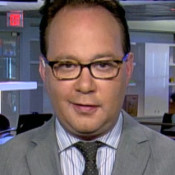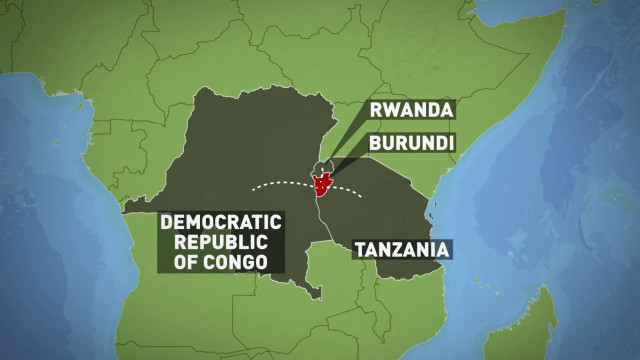Burundi’s president says he’s in charge of his country after a failed coup attempt. But, can President Pierre Nkurunziza quell protesters who’ve taken to the streets to demand his resignation?
The European Union and the African Union are urging the Republic of Burundi to postpone the presidential election scheduled for this June. The small East African nation has faced weeks of unrest and an attempted coup, following the announcement by President Nkurunziza to seek a third term. The constitution and a peace deal, that ended Burundi’s 13-year civil war in in 2005, both mandate a two-term presidential limit. But Nkurunziza is relying on a court ruling that his first term does not count because he was then appointed by parliament.
The UN refugee agency says more than 100,000 people have fled to neighboring Rwanda, The Democratic Republic of Congo and Tanzania.
The Heat began its discussion on Burundi’s political crisis with these experts:

This week, Burundi police fired teargas and arrested protestors in the capital of Bujumbura. They’re demanding President Pierre Nkurunziza end his bid for a third term. That effort is being closely watched by leaders in Africa’s Great Lakes region and could have implications in upcoming elections. West African Leaders meeting this week in Ghana’s capital, Accra, had also planned to discuss term limits but dropped the discussion for now.
The Heat continued its discussion on Burundi’s presidential election and why neighboring countries are so interested in the outcome.

 CGTN America
CGTN America

